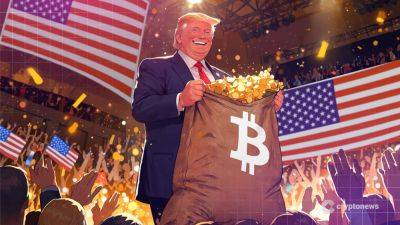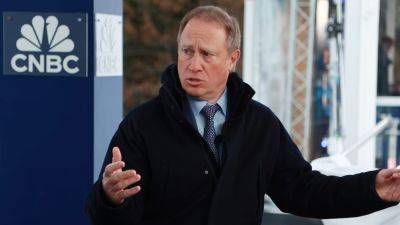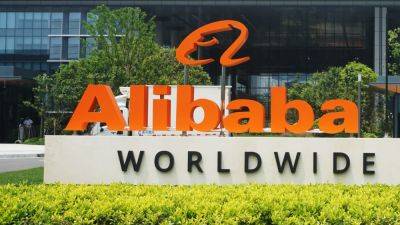401(k) savers can access one of the 'rare guarantees' in investing, CFP says
There are few certainties when it comes to investing.
The stock market can seem to gyrate with little rhyme or reason, guided up or down by unpredictable news cycles and fickle investor sentiment. Average stock returns have historically trended up over long time periods, but their trajectory is hardly assured on a daily, monthly or annual basis. As the common investment disclosure goes, «Past performance is no guarantee of future results.»
Yet, according to financial advisors, there is an outlier in the realm of investing: the 401(k) match.
The basic concept of a 401(k) match is that an employer will make a matching contribution on workers' retirement savings, up to a cap. Advisors often refer to a match as free money.
For example, if a worker contributes 3% or more of their annual salary to a 401(k) plan, the employer might add another 3% to the worker's account.
In this example — a dollar-for-dollar match up to 3% — the investor would be doubling their money, the equivalent of a 100% profit.
A match is «one of the rare guarantees on an investment that we have,» said Kamila Elliott, a certified financial planner and co-founder of Collective Wealth Partners, based in Atlanta.
«If you were in Vegas and every time you put $1 in [the slot machine] you got $2 out, you'd probably be sitting at that slot machine for a mighty long time,» said Elliott, a member of CNBC's Advisor Council.
However, that money can come with certain requirements like a minimum worker tenure, more formally known as a «vesting» schedule.
About 80% of 401(k) plans offer a matching contribution, according to a 2023 survey by the Plan Sponsor Council of America.
Employers can use a variety of formulas that determine what their respective workers will
Read more on cnbc.com




















